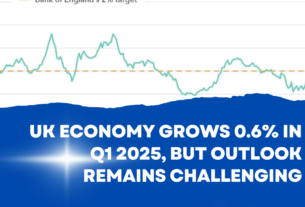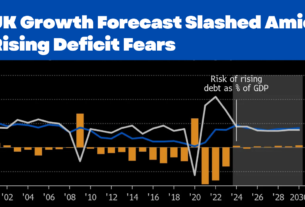In a significant shift in fiscal policy, the UK government has announced substantial increases in funding for the health and defence sectors, while other public services face budget cuts. Chancellor Rachel Reeves revealed that the National Health Service (NHS) will receive a 2.8% annual increase in real-terms day-to-day spending over the next three years, totaling an additional £30 billion by 2028–29. This move underscores the government’s commitment to addressing ongoing pressures within the NHS, including post-pandemic challenges and rising demand for services.
Simultaneously, defence spending is set to rise to 2.5% of Gross Domestic Product (GDP) by 2027, marking the largest sustained increase since the Cold War. This decision aligns with the government’s strategy to bolster national security in response to evolving global threats. The increase in defence expenditure will be financed by a reduction in foreign aid, with the aid budget decreasing from 0.5% to 0.3% of Gross National Income (GNI) by 2027. This reallocation of funds has sparked debate, with critics arguing that it may undermine the UK’s international development efforts.
While health and defence sectors receive significant funding boosts, other areas are experiencing financial constraints. Departments such as housing, education, and local councils are facing real-terms reductions in their budgets. The Institute for Fiscal Studies estimates that these cuts could average 0.3% per year between 2025–26 and 2029–30. This redistribution of resources reflects the government’s prioritization of health and security, but it raises concerns about the potential impact on public services and social welfare.
In addition to sector-specific funding increases, the government has committed to a £4.5 billion annual boost for core schools and a £86 billion investment in research and development over four years. However, these investments are expected to remain flat in real terms, indicating a tightening of the overall fiscal environment.
The government’s fiscal strategy aims to balance immediate spending needs with long-term economic stability. By prioritizing health and defence, the government seeks to address pressing domestic and international challenges. However, the reallocation of funds from other public services may have significant implications for social equity and public sector performance.
As the government moves forward with these budgetary decisions, it faces the challenge of managing public expectations and maintaining support across various sectors. The success of this approach will depend on effective implementation and the ability to demonstrate tangible improvements in health outcomes and national security. The coming years will be critical in assessing the impact of these fiscal policies on the UK’s overall well-being and global standing.




